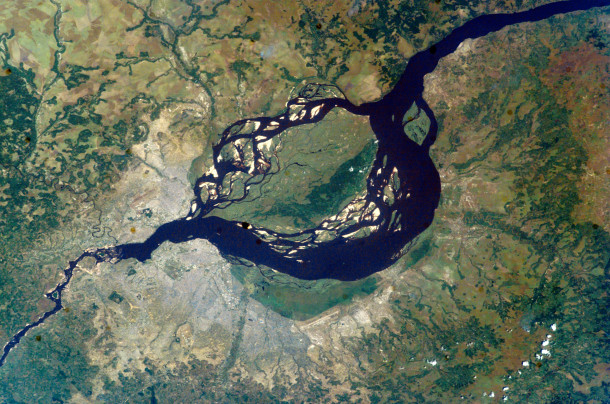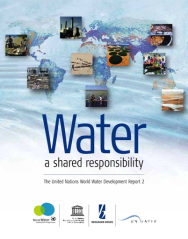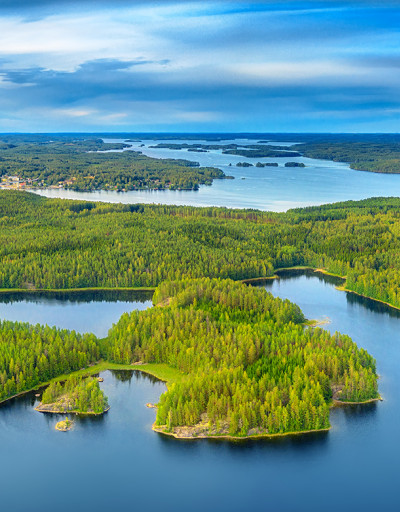
United Nations World Water Development Report
The United Nations World Water Development Report (UN WWDR) is the United Nation’s flagship report on water. It offers an authoritative and comprehensive assessment of the overall state, use and management of the world’s freshwater resources and aims to provide decision-makers with tools to formulate and implement sustainable water policies.
The production of the report is coordinated and published by the UNESCO World Water Assessment Programme (WWAP) on behalf of the UN-Water family. Several UN-Water Members and Partners, as well as other experts, contribute appreciably to the preparation and content of the report. As such, the UN WWDR represents the coherent and integrated response of the United Nations system to freshwater-related issues and emerging challenges and remain among shining example of the United Nations ‘delivering as one’.
The UN WWDR presents a balanced, fact-based and neutral account of the current state of knowledge, describing the challenges and opportunities of improved water management in the context of sustainable development.
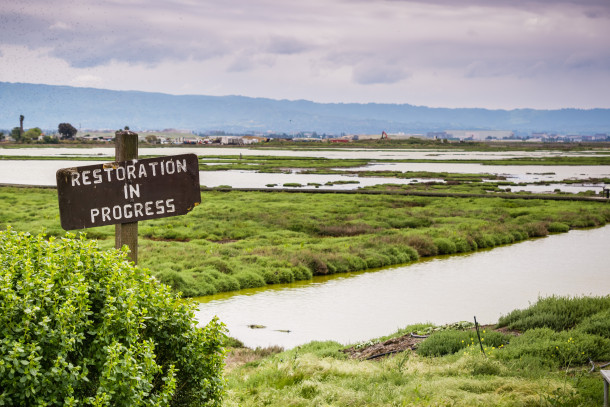
It highlights best practices and potential response options as well as in-depth theoretical analyses to help stimulate ideas and actions across various water-related sectors. The UN WWDR reports on progress towards achieving SDG 6 targets on clean water and sanitation as well as changes in the resource and its management. This is of great importance as water resources and how they are managed have a direct/indirect impact on almost all aspects of the 2030 Agenda for Sustainable Development.
Thematic reports (2014 - present)
Water for a Sustainable World (2015)
The WWDR 2015 demonstrates how water resources and services are essential to achieving global sustainability. Taking account of economic growth, social equity and environmental sustainability, the report’s forward-looking narrative describes how major challenges and change factors in the modern world will affect – and can be affected by – water resources, services and related benefits.
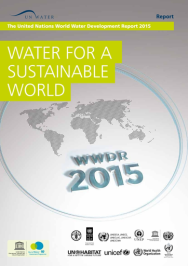
Water and Energy (2014)
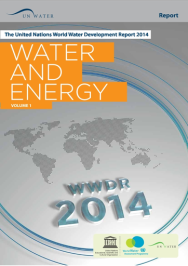
Previous reports (2003-2012)
From 2003 through to 2012, the UN WWDR was produced and released every three years, following a comprehensive approach. As of 2014, the UN WWDR transformed into an annual, thematic report, focused on a different strategic water issues each year.
Managing Water under Uncertainty and Risk (UN WWDR4 - 2012)
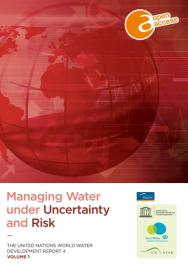
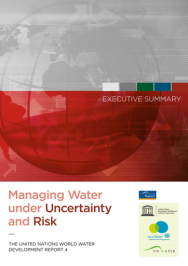
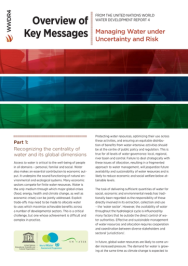
Water in a Changing World (UN WWDR3 - 2009)
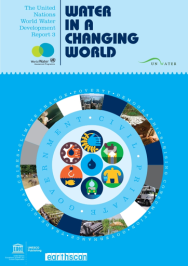
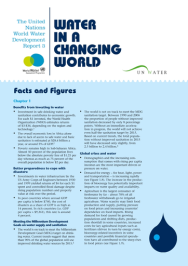
Water for People, Water for Life (UN WWDR1 - 2003)
The first UN WWDR opens with a chapter describing the water crisis. It then reviews progress and trends, proposes methodologies and indicators for measuring sustainability, and assesses progress in the following 11 challenge areas: water and cities, securing the food supply, water and energy, cleaner industry, meeting basic needs, protecting ecosystems, sharing water resources, valuing water, governing water wisely, ensuring the knowledge base, and managing risks. It also presents seven pilot case studies of river basins representing various social, economic and environmental settings.
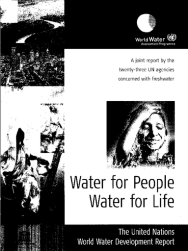
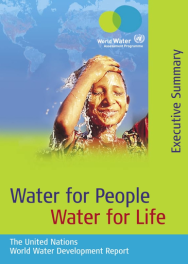
Foundation of the Report
The UN WWDR was initiated in response to a call from the UN Commission on Sustainable Development (CSD) to produce a periodic, UN system-wide global overview of the status (quantity and quality), use and management of freshwater resources. It currently contributes to ongoing worldwide movement to foster progress towards achieving the Sustainable Development Goals (SDGs) set out by the United Nations and endorsed by the international community. With several SDGs reliant upon the access to safe and sufficient water and sanitation services, the report serves a critical purpose that stretches far beyond the water domain. From 2003 through to 2012, the UN WWDR was produced and released every three years, following a comprehensive approach. As of 2014, the UN WWDR transformed into an annual, thematic report, focused on a different strategic water issue each year. The theme of each annual UN WWDR is harmonized with that of World Water Day (22 March) and provides the knowledge base for related celebrations, events and discussions throughout the year.
Targeted primarily at regional, national and local-level decision-makers, water resource managers and practitioners, the UN WWDR also provides a trustworthy source of knowledge and information for academics as well as groups and individuals interested in global water issues and the role they play in the broader scope of social development, equitable economic growth and environmental sustainability.
